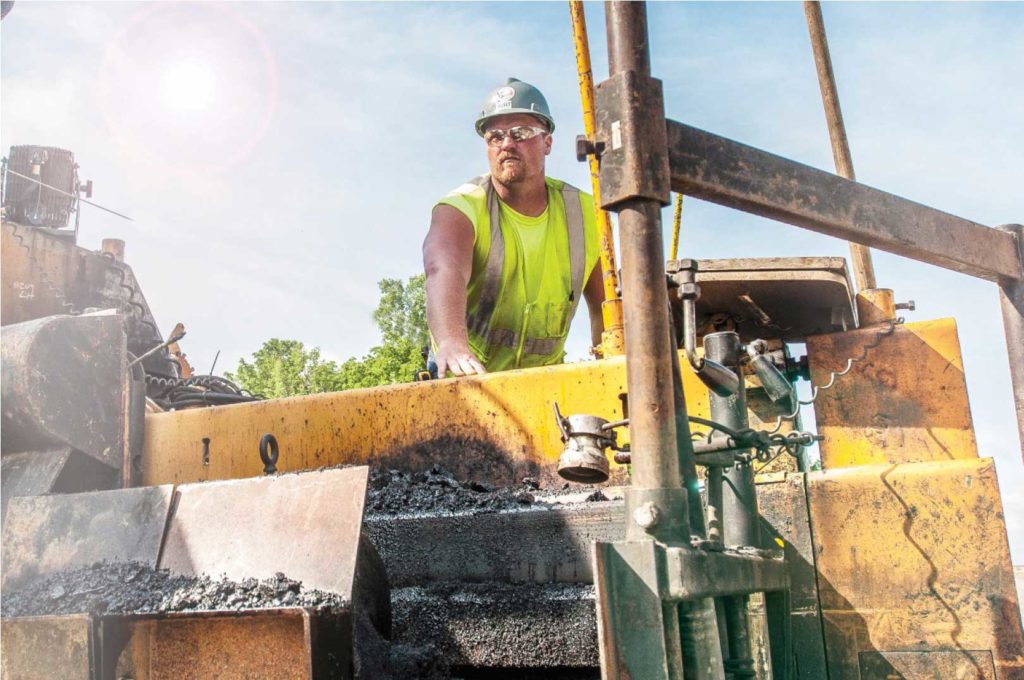
Some people enjoy the peace of mind that comes with being debt-free in retirement. But warm and fuzzy feelings should be weighed against solid financial facts. Whether it makes sense to pay off your mortgage when—or before—you retire depends on your individual situation.
Reasons to retire your mortgage
- Limited or reduced income stream in retirement: Your monthly mortgage payment may represent a significant chunk of your income. Eliminating this payment can greatly reduce the amount of cash you need to meet monthly expenses. Ideally, you purchased a home that you could afford to pay off before retirement through the regularly scheduled mortgage payments. If not, you face a trade-off.
- Savings on interest: Depending on the length of your mortgage term and the size of your debt, you may pay thousands or tens of thousands of dollars in interest. Paying off your mortgage early frees up that future money for other uses. While you would lose the mortgage interest tax deduction, the after-tax savings on the cost of the debt can still be substantial. Besides, as you get closer to paying off your loan, more of each monthly payment goes to principal and less to interest, so the amount you can deduct from taxes decreases.
- A predictable return: While there’s a potential upside to keeping the loan and investing your money elsewhere, market fluctuations could curtail the gains on your investments—or even reduce their value. On the other hand, by no longer paying interest on your loan, paying it off can be like earning the equivalent risk-free return.
- Peace of mind: If you decide to pay off your mortgage before you retire, consider tapping funds from taxable accounts first, depending on the amount you need. Withdrawals of pretax contributions and earnings from IRA or 401(k) accounts will be taxed as ordinary income in the year they’re withdrawn, reducing the effective savings on mortgage interest expense.
Reasons to keep your mortgage
- Behind on retirement savings: If you haven’t contributed the maximum amount to your 401(k), IRA or other retirement accounts, and you’re still eligible to do so, this should be the first step. Savings in these accounts have an opportunity to grow without taxes on earnings until you withdraw them.
- Higher-interest debt: Before you pay down the mortgage, use extra cash to pay off other kinds of debt that carry higher interest rates, especially non-deductible debt, such as credit card balances.
- Lower cash reserves: The money you use to pay off your mortgage could significantly reduce the amount of cash you have available for general expenses, discretionary spending and emergencies. While you’re still working, keep a cash reserve of up to six months’ worth of living expenses in an emergency fund. Make sure retiring your mortgage won’t hobble your ability to maintain a reserve. You don’t want to end up being “house rich and cash poor.”
- Opportunity costs: While you don’t need to worry about volatility when paying off a mortgage, you risk losing out on potential gains you might have made by investing the money elsewhere. Just don’t get overly optimistic about your potential to generate above-market returns without taking a lot of risk. One simple way to determine if investing the funds is a better option than paying off the mortgage is by comparing the mortgage interest rate to the after-tax rate of return on a low-risk investment with a similar term—such as a high-quality, tax-free municipal bond. If the rate of return on such an investment is lower than the interest rate of your mortgage, reconsider investing those funds.
- Diversifying your investments: If you do choose to invest, it’s best practice to hold a variety of investments in different asset classes, including stocks and bonds. Having a large chunk of your money tied up in your home could leave you inadequately diversified. Even if your house appreciates in value, you would have to either sell or refinance it to tap into that equity. And concentration of your nest egg in a few assets, even something that seems as stable as a home, comes with risks as well.
- A possible move: If you contemplate moving in the next few years, you might as well carry the existing mortgage until then. If you downsize, you may have the cash you need to pay off the mortgage without tapping savings.
If your mortgage has no prepayment penalty, an alternative to paying it off entirely before you retire is paying down the principal. You can do this by making an extra principal payment each month or by sending in a partial lump sum. This tactic can save a significant amount of interest and pay off the loan much quicker while preserving liquidity and diversification. In some circumstances, refinancing with a lower interest rate may make sense.
The bottom line
Does it make sense to pay off your mortgage before you retire?
- Do the math. A mortgage payoff calculator can help you weigh the facts and figures of your particular situation.
- Think it through. Weigh the emotional impact as well as the financial facts. Paying off debt can bring peace of mind, but it may feel like a risk to part with the cash. Make a choice that makes sense to you, working with a financial planner to see how retiring a mortgage fits with the rest of your retirement plans.
If you are planning on paying down your mortgage, Bridge can help you do it! Call us today for your free consultation.
Article courtesy of Schwab.com












